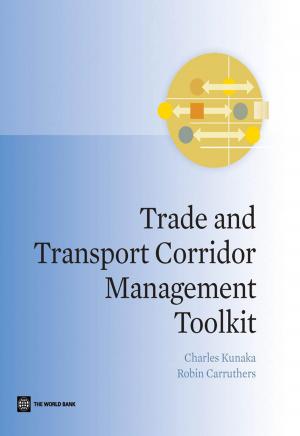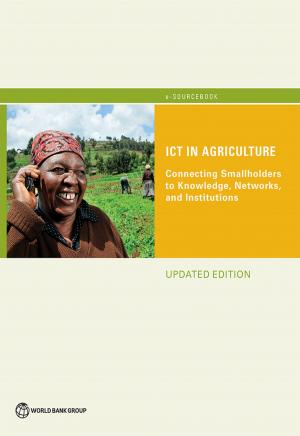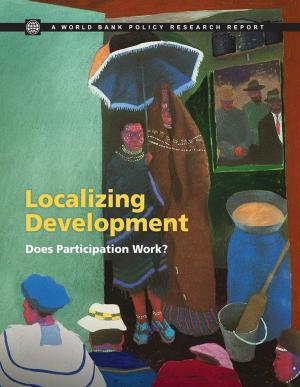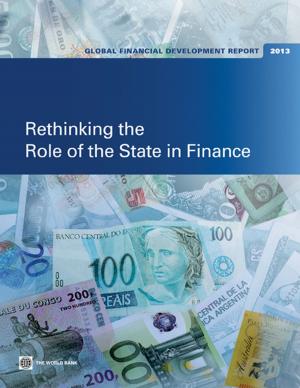The Evolving Regulatory Context For Private Education In Emerging Economies: Discussion Paper And Case Studies
Business & Finance, Business Reference, Education| Author: | Bjarnason Svava; Patrinos Harry; Tan Jee-Peng | ISBN: | 9780821377789 |
| Publisher: | World Bank | Publication: | December 16, 2008 |
| Imprint: | Language: | English |
| Author: | Bjarnason Svava; Patrinos Harry; Tan Jee-Peng |
| ISBN: | 9780821377789 |
| Publisher: | World Bank |
| Publication: | December 16, 2008 |
| Imprint: | |
| Language: | English |
Governments around the world, and particularly those in developing countries, face significant educational challenges. Despite progress in raising education enrollments at the basic education level, much remains to be done. Today, about 77 million children in developing countries are not in school, particularly in Sub-Saharan Africa and South Asia. Higher education participation rates remain low in many developing countries, and public higher education institutions (HEIs) struggle to absorb growing numbers of secondary school graduates. Public universities face ongoing challenges, including a lack of teaching and research resources, and the loss of qualified staff to developed countries. The inability of public sector educational institutions, particularly in developing countries, to absorb growing numbers of students at all levels of education has seen the emergence of private schools and HEIs.This paper briefly examines the international experience concerning the regulation of private education at the school and higher education level. It begins with an overview of the private school and higher education sectors and a short discussion of the potential benefits of increased private participation in education. The remainder of the paper focuses on the following questions and sets out propositions for governments to consider.
Governments around the world, and particularly those in developing countries, face significant educational challenges. Despite progress in raising education enrollments at the basic education level, much remains to be done. Today, about 77 million children in developing countries are not in school, particularly in Sub-Saharan Africa and South Asia. Higher education participation rates remain low in many developing countries, and public higher education institutions (HEIs) struggle to absorb growing numbers of secondary school graduates. Public universities face ongoing challenges, including a lack of teaching and research resources, and the loss of qualified staff to developed countries. The inability of public sector educational institutions, particularly in developing countries, to absorb growing numbers of students at all levels of education has seen the emergence of private schools and HEIs.This paper briefly examines the international experience concerning the regulation of private education at the school and higher education level. It begins with an overview of the private school and higher education sectors and a short discussion of the potential benefits of increased private participation in education. The remainder of the paper focuses on the following questions and sets out propositions for governments to consider.















